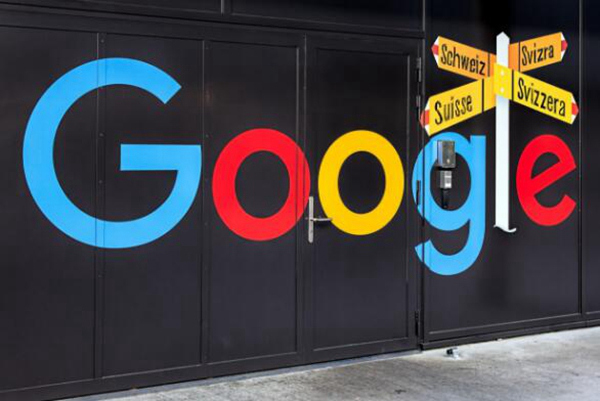Google CEO Pichai recently announced on a financial conference call that the advanced AI project code-named "Project Astra" is expected to be officially launched until 2025. The project aims to develop AI applications and agents that can understand multimodal information in real time, allowing AI to better understand and interact with the world around it. This goal is ambitious, aiming to go beyond simple voice assistants, empower AI with stronger environmental perception and reasoning capabilities, and ultimately achieve a smarter and more convenient human-computer interaction experience. At present, Google has shown some prototypes, but it will take some time before the final product is launched.
In a recent earnings call, Google CEO Sundar Pichai revealed a noteworthy news: Google's "Project Astra" plan is expected to be officially launched until at least 2025. The goal of this project is to develop AI applications and “agents” that enable real-time, multimodal understanding, so that artificial intelligence can better understand and interact with the world around it.

Project Astra's vision is very bold. Pichai said Google is working to create an experience that allows AI to not only “see” the surrounding environment, but also reason. This means that the future AI assistant will not be just a simple voice assistant, but can answer user questions through visual recognition and intelligent processing. At the I/O developer conference in May this year, Google showed off some prototypes of the project Astra for the first time, which can use mobile phone cameras to identify objects around them and answer related questions, such as what neighborhood the user is in, or The name of a part on a broken bicycle.
However, it has been reported that Google plans to launch a consumer-grade AI agent in December this year, which can complete some daily tasks, such as purchasing products and booking air tickets. But judging from the current situation, this plan seems difficult to achieve unless the agent has no direct relationship with the project Astra.
At the same time, other companies in the industry are also actively exploring AI proxy technology. Recently, artificial intelligence company Anthropic has become one of the first companies to control applications and browsers on PCs. However, they also face many challenges when performing basic tasks, highlighting that building an AI agent is not easy.
Although there is still some time before 2025, users' expectations for smart assistants are still high. People yearn for the AI of the future to better integrate into daily life and provide them with more convenient services. Although Google's project Astra is still under development, its prospects are undoubtedly exciting. Hopefully, Google will bring more surprising AI applications and experiences in the future.
Key points:
Google CEO announced that Project Astra’s AI technology is expected to be launched in 2025.
Project Astra aims to develop AI applications that can identify and understand the surrounding environment in real time.
Despite the intention to launch consumer AI agents by the end of 2023, the current plan may not be possible.
All in all, Google Project Astra's delayed release shows how difficult it is to develop AI that truly understands and interacts with the world. Although it faces challenges, its long-term goals and potential impact are still worth looking forward to. I believe that AI technology will bring a more convenient and smarter life experience in the future.